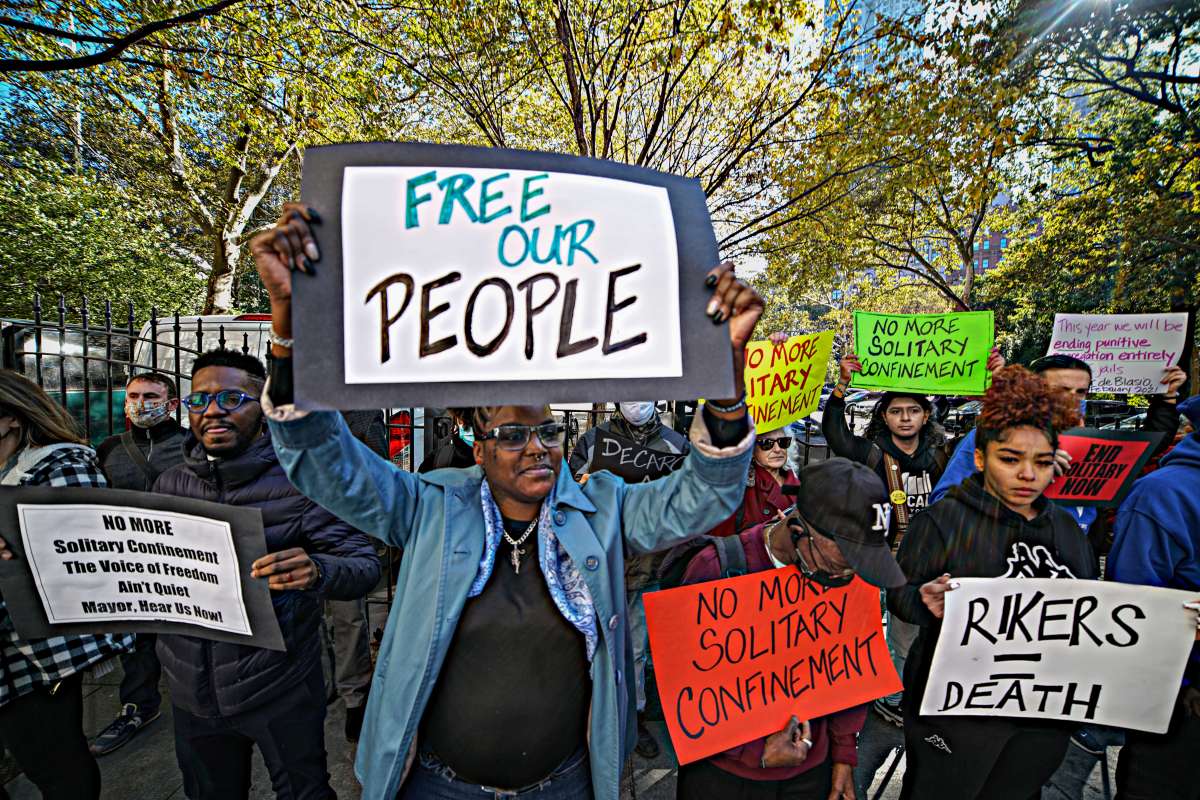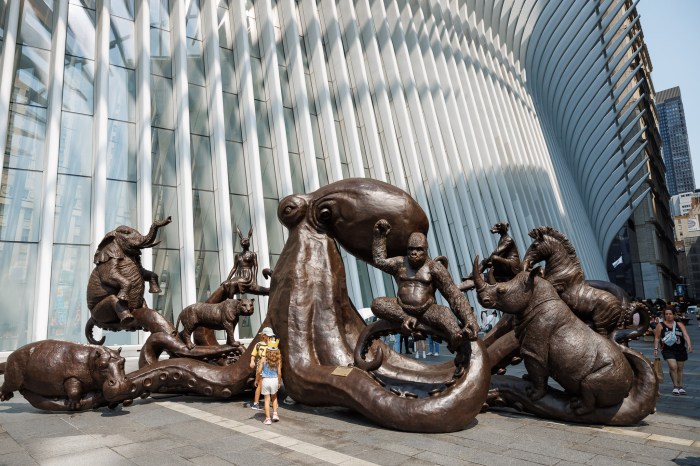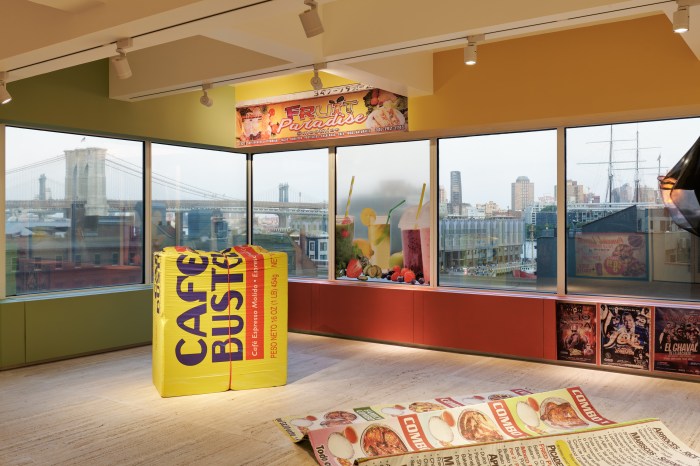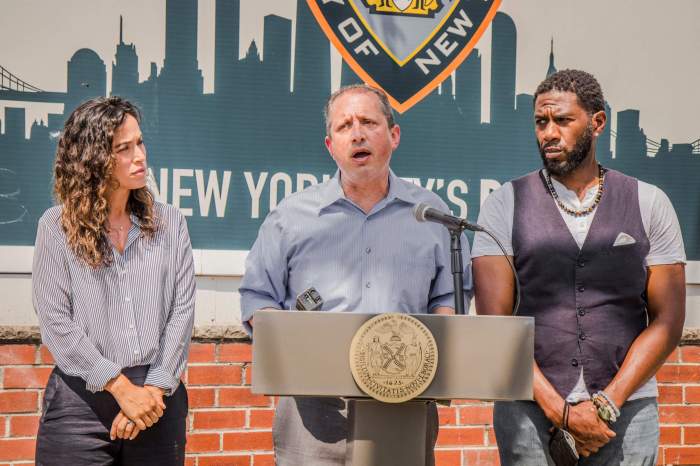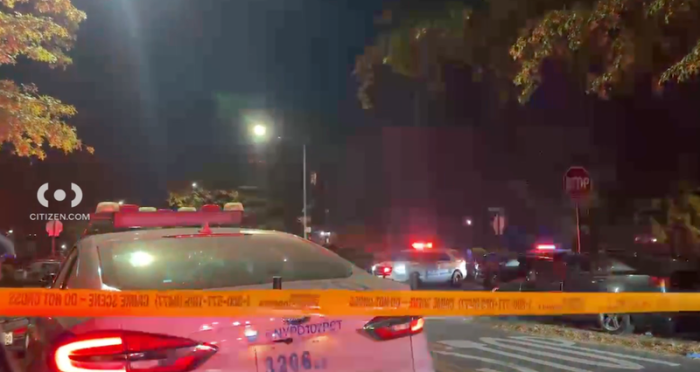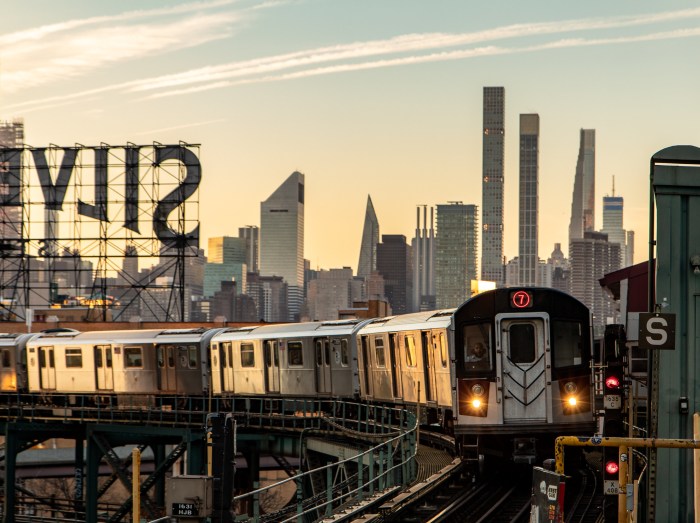Corrections Department Commissioner Louis Molina told the New York City Council’s Committee on Criminal Justice Wednesday that he agreed solitary confinement is “inhumane,” but he opposes enacting a proposed ban on it into city law.
The statement came during a Sept. 28 hearing on legislation to ban solitary confinement in NYC jails, during which the panel also heard testimony from several City Council members, families of individuals who had died while in custody, representatives from the Board of Corrections (BOC) and Molina.
Following questions from attending Councilmembers, Molina emphasized in his statement that while he does not agree with solitary confinement and wants to prohibit the practice in city jails, he does not agree with the legislation in question, Introduction 549.
The bill’s – whose prime sponsor is Public Advocate Jumaane Williams – function would primarily be to ban the practice of solitary confinement in city jails and additionally would provide individuals in custody of the Department of Correction (DOC) due process protections prior to being placed in restrictive housing or continued use of restraints.
Molina believes the legislation is faulty and does not fully address the safety concerns that corrections officials have when they deal with what they categorize as individuals who pose a safety threat.
“Let me begin by saying that we fundamentally agree on a very important point,” said Molina. “Our jails should be humane. And solitary confinement is inhumane. For too long it was an accepted correctional practice to lock individuals in small cells for 23 hours a day, for months or years at a time. It does not make our jails safe. If this bill solely banned solitary confinement, it would have my total unwavering support.”
“But that is not what this bill is about and it does much much more. If enacted, Intro 549 would have grave consequences,” added Molina. “It would make the job of running a humane and safe jail system far more difficult. It would benefit neither people in custody, nor staff, nor the public at large.”
Molina also pointed out that the bill would prohibit pre-hearing detentions — a practice in which a perpetrator of a violent act is removed from the general population and placed in restrictive housing following the act in order to protected other inmates as well as staff.
The bill would additionally provide incarcerated individuals in custody of the Department of Corrections (DOC) due process protections prior to being placed into secure housing or continued use of restraints.
Solitary confinement in U.S jails and prisons is a form of imprisonment in which the incarcerated individual usually lives in a single cell with little to no contact with other individuals.
“Solitary confinement, which often keeps incarcerated individuals isolated in a cell barely large enough to hold a bed and toilet for 23 hours a day for [sometimes] months on end has devastating consequences and dramatically increases incidences of self harm, including fatal self harm for those who are forced to endure it,” said Councilmember Carlina Rivera, the Chair of the Committee on Criminal Justice on Sept. 28. “Solitary confinement does not keep anyone safe. It exacerbates mental illness and destabilizes people in a way that increases the likelihood of violence which undoubtedly runs counter to all our goals.”
Joining Rivera was City Council Speaker Adrienne Adams who spoke about how increasing and prioritizing the safety of both incarcerated individuals and DOC employees was of the utmost importance.
“Our goal must be to ensure that everyone in our jail system is safe,” said Speaker Adams. “Those who are detained, and those who work in the jails every single day. We all should have a shared objective of safety and our focus should be on achieving it for all. The abusive use of solitary confinement has been shown by data and study after study to be ineffective at both reducing violence by individuals and increasing safety across correctional facilities. The practice also has negative impacts on a person’s health; creating and exacerbating mental health conditions which we have all too often seen to devastating and deadly outcomes.”
Representatives from the DOC then presented the proposed plan to eliminate and mitigate violence in city jails.
“Number one [the new proposed model] forbids solitary confinement,” said Dr. James Austin, a criminologist who is aiding the DOC with remedying the crisis in city jails. “It also complies with the New York State Halt Solitary Confinement Act, it complies with consent decree and lastly it applies the best practices that have worked in other correctional systems that will reduce the violence in the correctional facilities. This plan will work, it will reduce the violence.”
The plan also incorporates key components like placement limited to people who have recently been involved in violent behavior towards other incarcerated people or correctional staff and staff will have to assign people to this unit that have received specialized training in the management of this population.”
Following these testimonies, a series of videos showing assaults on various correctional staff within facilities that appeared to be perpetrated by incarcerated individuals played to emphasize the DOC’s point that certain incarcerated individuals threaten the wellbeing or attract corrections staff.
Following this statement, Councilmember Vickie Palladino began to defend the DOC and their actions, saying that other council members and attendees were “a little tipsy here” by “putting the DOC” on trial.
“There are violent criminals in this jail,” said Councilmember Palladino. “And [the DOC] are doing the best they can with them. I will not stand by Introduction 549 so long as it goes against our corrections officers. This is ridiculous, this is a city who have turned criminals into heroes and that’s enough. They’re not there [in city jails] because they stole a car or robbed a piece of bread to feed their families, they are there because they murdered or did worse. And this is the way it goes, there are consequences to crime.”
At time of publication, a decision regarding ending solitary confinement in NYC Jails had not yet been reached.
Last updated 9/28/2022 4:50 pm



